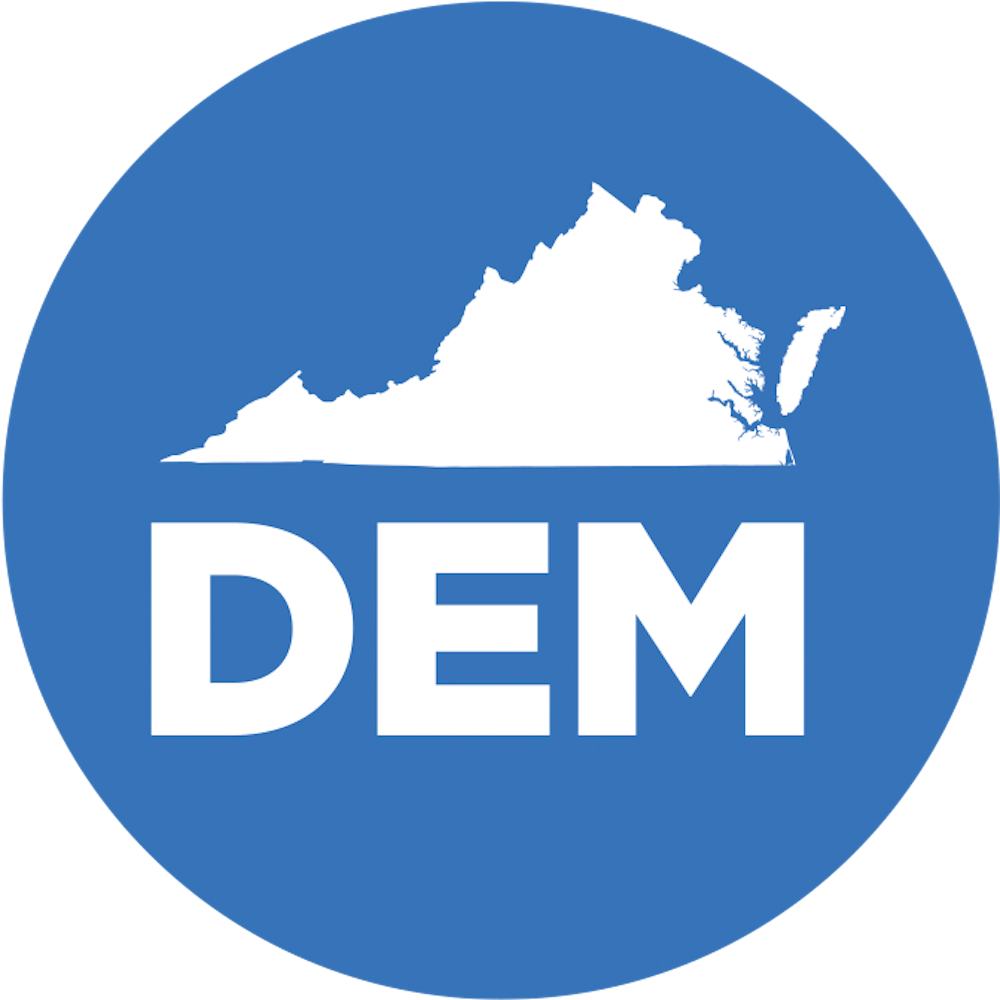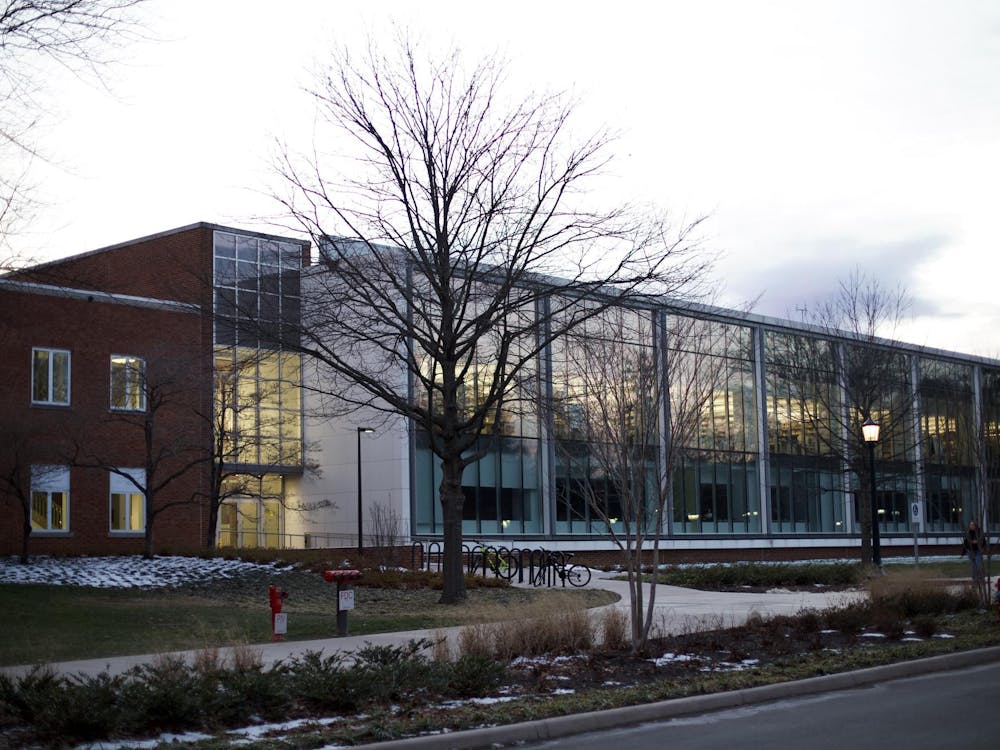Over the past several decades, Virginia has essentially become two separate states — Northern Virginia, or “NOVA,” and the rest of the Commonwealth — with each region having a distinct cultural, economic and political identity. It is in the midst of this dramatic transformation that Democrats have reestablished themselves in Virginia politics, relegating the legacy of the Byrd Organization and Massive Resistance to the ash heap of history and building a powerful base of support in Northern Virginia. Although this separation with the party of the past came into question earlier this year, Democrats have vowed to build a “New Virginia” should they emerge victorious this November. And yet, just as Democrats are on the cusp of regaining control of the General Assembly for the first time in nearly 20 years, their hubris and disconnect with certain regions across the state may ultimately tarnish these dreams.
Less than two decades ago, Southwestern Virginia and many other rural areas just like it across the state were Democratic strongholds, helping to pave the way for individuals like Senators Mark Warner, D-Va., and Tim Kaine, D-Va., to clinch the Executive Mansion and for Democrats to maintain control of the General Assembly. However, in a narrative that has repeated itself time and time again across rural America, voters in Appalachia slowly began to lose faith with the Democratic Party, and today this region is firmly in the grasp of Republicans. Virginia’s 9th Congressional District, for instance, which spans from the Tennessee border to Blacksburg, was represented by Democrat Rick Boucher for almost thirty years until 2011 and is where Mark Warner defeated his Republican opponent in the 2008 Senate race by a margin of almost twenty-seven points. And yet, in the span of less than a decade, Virginia’s 9th Congressional District transitioned from reliably Democratic to “Trump Country” with the President carrying the district in 2016 by a factor of almost two-to-one.
In predominantly rural areas such as Southwestern Virginia, where Democratic initiatives like Medicaid expansion have had the greatest measurable impact, this dramatic decline in support is simply unacceptable. And yet, with fewer and fewer resources being allocated to to campaign in these regions, Democrats have effectively conceded these races before voters have even entered the ballot box. This trend is especially disconcerting given that many of the same issues that appeal to voters across the Commonwealth, such as healthcare, education and employment, resonate deeply here as well. The loss of Democratic support in rural Virginia is more indicative of a failure to connect with voters. To treat these districts like lost causes only serves to further alienate this segment of the electorate.
Aside from just this, Democrats have also approached November’s election with a sense of hubris that is disconcerting to say the least. It was only 10 months ago that all three of Virginia’s Democratic statewide elected officials in Richmond — Governor Ralph Northam, Lieutenant Governor Justin Fairfax and Attorney General Mark Herring — were embroiled in a series of separate political scandals that struck at the very heart of many of today’s most complex and sensitive social issues.
A Democratic assumption that voters have already cast these concerns aside — particularly after little occurred in the way accountability — is nothing more than wishful thinking. Given that Democrats are especially looking to flip several House and Senate seats south of Richmond and in Hampton Roads, they will need to continue to engage in outreach and dialogue with the black community in order to repair the damages incurred from the Governor’s blackface scandal. Correspondingly, by fielding a record number of female candidates in this year’s election cycle, Democrats have signaled their intent to not only reshape the demographics of elected politics but also further dispel the notion of complicity with the ongoing accusations of sexual assault levied against Fairfax specifically.
While Democrats are well positioned to gain seats in the General Assembly this November, more work still needs to be done in order to build lasting change. By reaching out to voters beyond just the suburbs of Northern Virginia, Democrats can build a coalition of support that properly addresses the needs and concerns facing all Virginians. Furthermore, in continuing to engage in meaningful dialogue and acknowledging previous failures and scandals, Democrats can provide an example of leadership that is worthy of governing the Commonwealth. In pursuing these goals, Democrats can not only ensure that they will hold a majority in the General Assembly come next January but also lay a foundation of support for a New Virginia that is representative of all of its citizens.
Thomas Driscoll is an Opinion Columnist for The Cavalier Daily. He can be reached at opinion@cavalierdaily.com.






